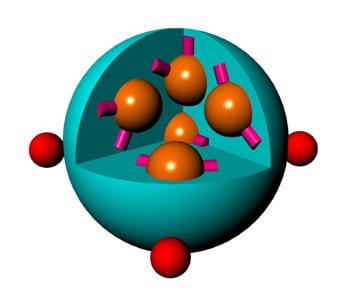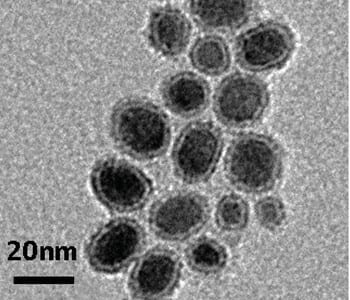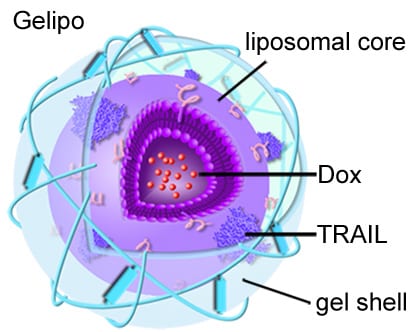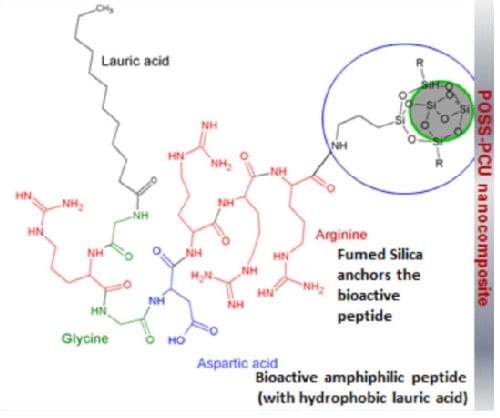Korean scientists have developed a tumor-targeted, bioreducible nanoparticle system that can deliver cytotoxic anticancer drugs to tumor tissues.


Korean scientists have developed a tumor-targeted, bioreducible nanoparticle system that can deliver cytotoxic anticancer drugs to tumor tissues.

Recent research into the use of polymer-coated nanoparticles for enhanced oil recovery is reviewed in the Journal of Applied Polymer Science.

New core/shell structure nanoparticles have been reported by a team led by Peking University researchers.
Drugs used to treat blindness-causing disorders could be successfully administered by eye drops rather than unpleasant and expensive eye injections.

EU research project NanoHouse ends – suggests nanoparticles in the paint used on building façades do not represent a particular health risk.

Nanoparticles can carry two different anti-cancer drugs and deliver them to separate parts of the cancer cell where they will be most effective.
Researchers develop polymer-based mucus-penetrating particles (MPP) loaded with paclitaxel, a frontline chemo drug.

Researchers have created a new type of molecular motor made of DNA and used it it to transport a nanoparticle along the length of a carbon nanotube.
Subwavelength metal nanoparticles with separation on the order of one wavelength can form a plasmonic mode that enhances absorption and scattering of light.

Fumed silica nanoparticles are functionalised to have ‘tethering’ proteins and link bioactive groups to induce biomimicry.